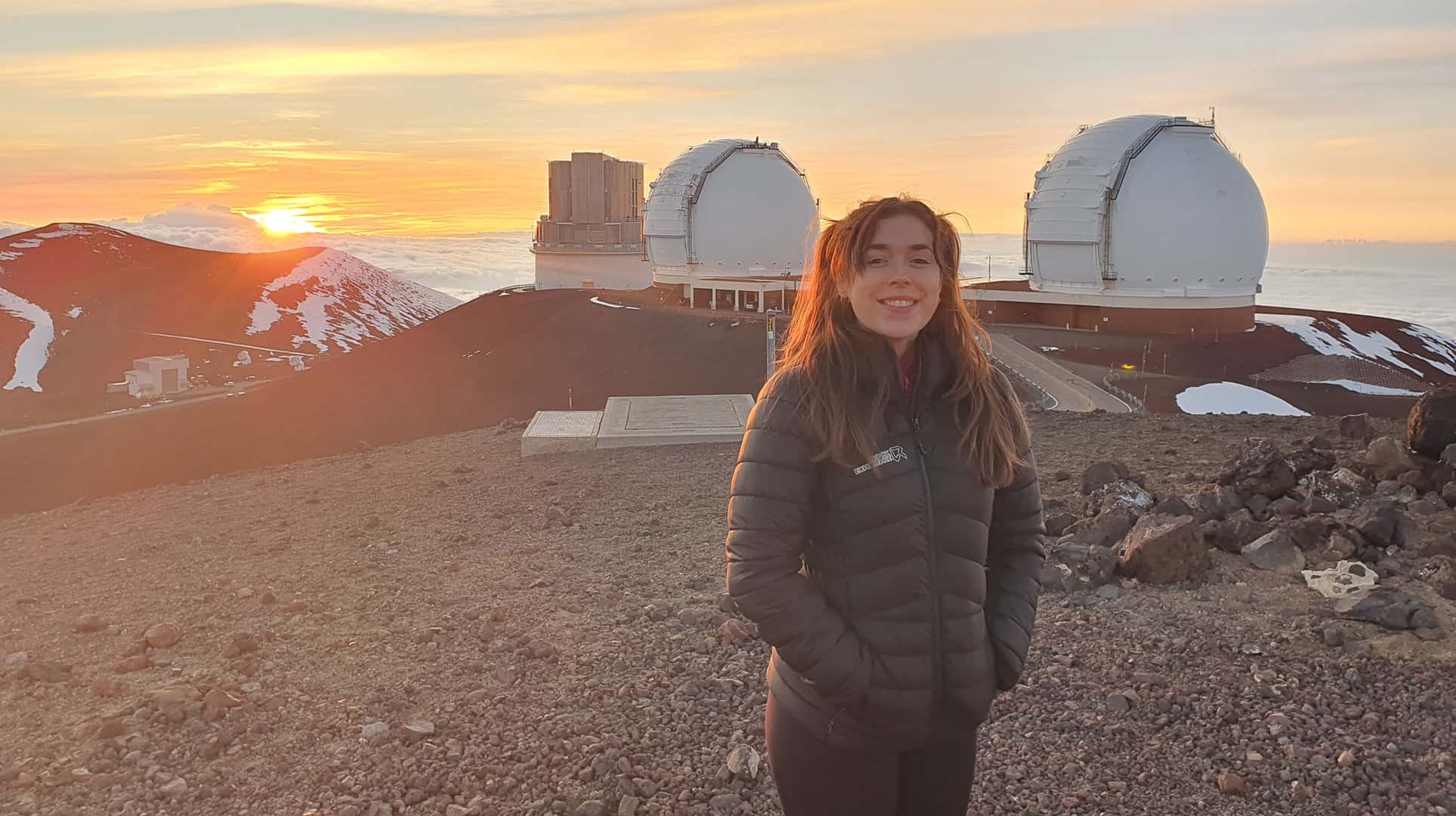
In recognition of International Women’s Day, Life throws the spotlight on women working in exciting STEM jobs in the North East. We caught up with Katie Knowles, a PhD student in Planetary Physics at Northumbria University.
I didn’t like science at all as a child – I found it hard and always thought that I wasn’t ‘smart enough’.
It was after doing a physics test when I was 15 though that I realised that I’d enjoyed the problem-solving element of it – it was like a switch going off in my head and I immediately decided that I wanted to learn about the planets.
I’m lucky to have had great role models throughout my life. My parents went straight into work when they were 16, despite wanting to go onto higher education and they have supported me endlessly throughout.
I had a great physics teacher too who supported me through my journey from science-hating delinquent to a physics-obsessed student, and never doubted me. He talked to me about degrees and research areas in physics, and even organised extra physics lessons and work for me at lunch time. He helped make physics fun.
I was one of only three girls who studied A-level physics at my school, and I never quite understood why more girls wouldn’t want to. But in a way I was I was proud to be doing a subject which other people might think was only a subject for boys – I was proving them wrong!
After getting a first class with honours degree in Physics with Space Science, I’m now in my second year of doing a PhD, where my research is all about the northern lights on Jupiter, Saturn, Uranus, and Neptune.
I’ve hit many obstacles along the way – I was told during my GCSEs that I would never study physics at A-Level, let alone at university! Sometimes I felt underestimated and not taken seriously during my degree too, for being a woman and not someone who had always wanted a career in science.
Now as part of my PhD studies, I use data from the largest telescopes on Earth and in space to try to understand the northern lights on the largest planets in our solar system.
‘I am also very fortunate to be able to travel all around the world to talk to people, from other PhD students to well-established scientists, about science, which I absolutely love. Talking to people about science highlights that anybody can be a scientist, even goofy people like me… you don’t need to be the next Albert Einstein.
When I become a Dr in Planetary Physics, I want to carry on doing research about the giant planets and also spend time doing outreach to encourage more people (especially women) to study science.
It’s important to help develop an interest in the sciences early (i.e. through play) to create the foundations to foster natural curiosity as girls mature.
Science should be fun, interesting, and inclusive. The more diverse the community with culture, class, gender, different perspectives of viewing the world, etc, the better the ultimate outcome to any subject. I think visibility is also important. We need to see and hear about more female scientists, especially in school curriculum – talk about Galileo, Newton, Einstein, AND Marie Curie & Katherine Johnson.
